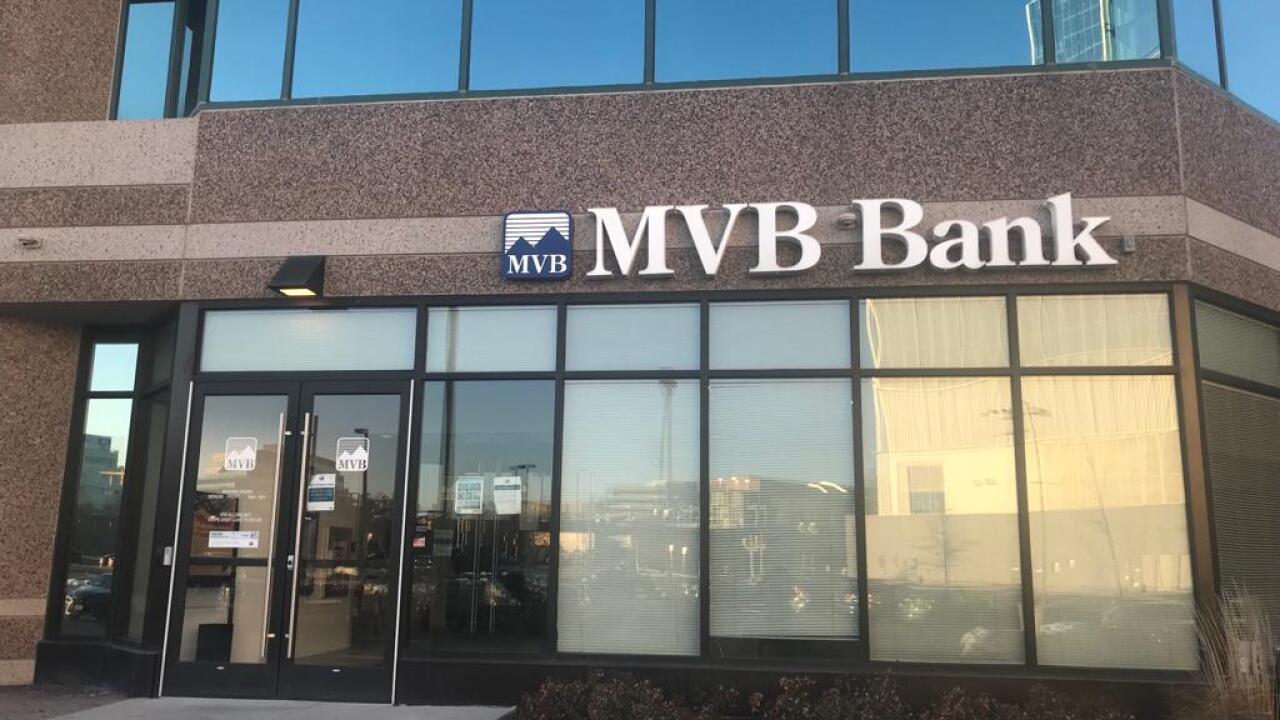
A little accounting magic went a long way in Banc of California's deal to buy PacWest.
But it would likely be difficult for other banks to replicate this feat in future acquisitions.
Earlier this week, the $9.4 billion-asset Banc of California announced that it would pay $1 billion to buy the embattled PacWest, which had $44 billion of assets at the end of the first quarter. As part of the announcement, funds managed by private equity firms Centerbridge Partners and Warburg Pincus committed to invest $400 million in Banc of California upon the completion of the deal. They were partially attracted to the deal because a reverse accounting maneuver ensured a higher valuation.
Bill Burgess, co-head of investment banking at Piper Sandler, which advised PacWest on the acquisition, said that the deal was made possible in part by using Banc of California's smaller but more stable balance sheet to mark-to-market the value of the transaction. Mark-to-market is an accounting method that measures a company's assets and liabilities at their current market value.
Because of that, from an accounting perspective, Banc of California's balance sheet was used as if the bank was the seller, though in practice, the Santa Ana institution is buying PacWest's operations.
"They reversed the accounting acquirer so that they marked the smaller balance sheet," Burgess said in an interview.
A "capital hole" that was opened after PacWest reported the loss of $5.7 billion in deposits at the end of the first quarter was "backfilled with new common equity" that will come from the private equity investors, Burgess said.
"And presto, we have a deal to announce," he added.
A spokesperson for Warburg Pincus declined to comment on the deal's structure. Centerbridge Partners did not respond to a request for comment.
PacWest's financials have taken a hit this year, and it has been one of a handful of banks that have struggled since Silicon Valley failed in March. That event was followed by the government takeovers of Signature Bank and First Republic Bank.
The Los Angeles-based PacWest reported that it had lost $5.7 billion of deposits during its
Given all of this, PacWest was in a much weaker financial position compared with Banc of California. That meant marking Banc of California's balance sheet was "not nearly as punitive," Nathan Stovall, a principal analyst at S&P Global's FIG research group, said in an interview.
But that won't be the case in the vast majority of deals, Stovall added, meaning that it's unlikely that other buyers will be able to take advantage of this accounting maneuver.
"This is a little unique in that regard," he said. "You won't have that opportunity with other deals."
The role of private equity in this deal was also notable. The Great Recession was the last significant liquidity crunch that the banking sector faced, which increased the number of private equity investors committing capital to shore up faltering and distressed banks.
But since then,
The investment of Centerbridge Partners and Warburg Pincus into Banc of California is likely not a sign that this tide is changing, experts said. These firms were attracted to this particular deal based on what they saw as a "highly accretive" opportunity to invest in a bank that had folded in PacWest, Todd Schell, a principal at Warburg Pincus, said in the press release.
Other private equity investors are likely to steer clear of injecting capital into a bank during a merger, in part, due to the difficulty and length of closing these deals. A number of transactions have recently been called off due to either market conditions or trouble getting regulatory approval.
MVB Financial's agreement to buy Integrated Financial Holdings has fallen through, with both sides citing an uncertain economic outlook and potential regulatory challenges. It's the second M&A deal to be scrubbed in the past week.
"To assume that you're going to be able to find private equity to commit to a transaction where they set aside the funds for what could be as long as a year before the deal closes is a real challenge," Burgess said.
Additionally, these two private equity firms are investing at a time when PacWest's loan portfolio is devalued due to the sector's volatility and higher interest rates, according to Greyson Tuck, a lawyer at Gerrish Smith Tuck.
The bet Warburg Pincus and Centerbridge are making is that, as the economy rebounds, the value of the combined company's balance sheet will rebound as well, Tuck said in an interview.
"The way the accounting works is that they're going to take a little gain that they'll show as income because that principal that is being repaid at an amount higher that's being shown on the books," he said. "It's really an accounting opportunity to create value."
Others were more bullish about the impact of this year's the turmoil would have on the chance to attract private equity back to banks. This particular deal was a "bit of an eye-opener" and shows that there are "clear opportunities" for private investors to inject capital into struggling bank assets, said John Popeo, a principal at the consulting firm The Gallatin Group.
Regulators prefer to "place deposits with a regulated bank" in a "failing bank scenario," Popeo said in an interview. But if liquidity tightens further, he said, "it's quite possible that regulators would have no choice but to involve private equity firms that seek to invest in the industry."
Still, Burgess added that he's "more negative" about the potential resurgence of bank M&A due to stock-price valuations, rising interest rates, the potential for a recession and regulatory approval of deals. He called the hope for more deals "wishful thinking" at this time.
"I'm being more cautious with respect to a resurgence in bank mergers until we see a number of these things change," Burgess added.






